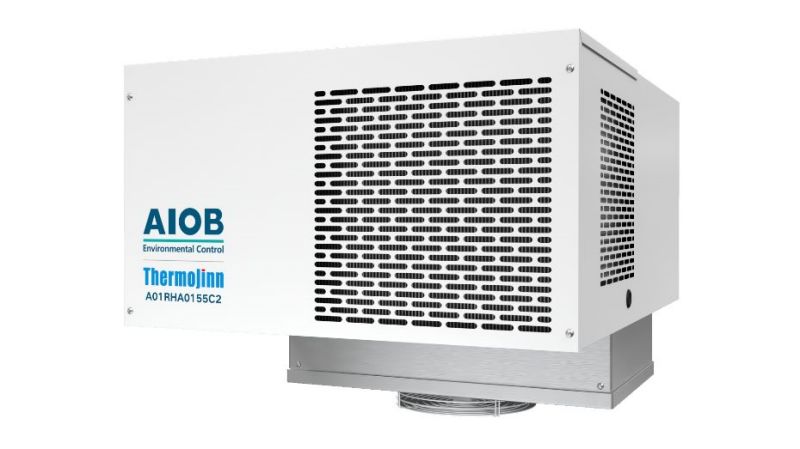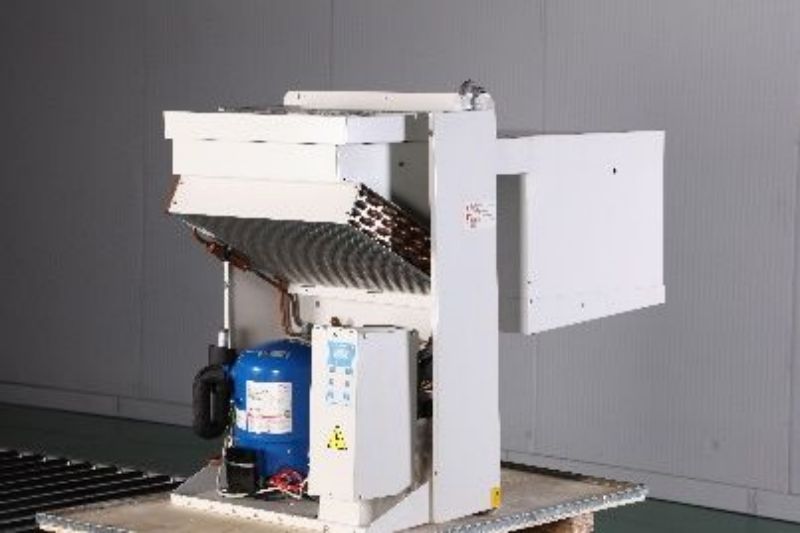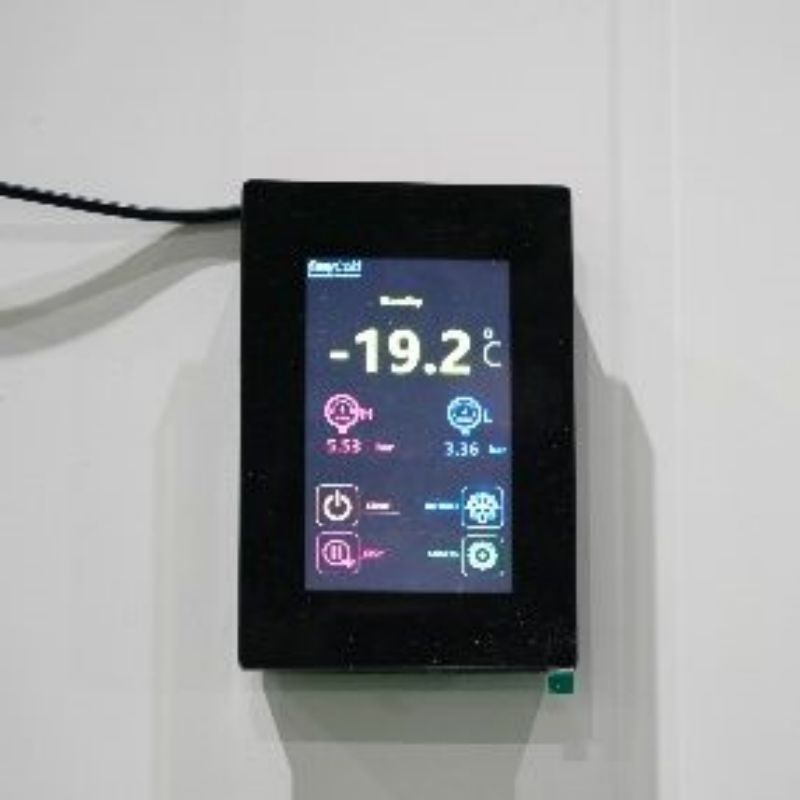A monoblock refrigeration unit is a compact and self-contained refrigeration system that integrates multiple components into a single unit. It is commonly used for small-scale refrigeration applications where space is limited or for specific purposes. Here are the main components and the general function and applications of a monoblock refrigeration unit:



Components:
Compressor: The compressor is responsible for compressing the refrigerant gas, raising its pressure and temperature.
Condenser: The condenser releases heat from the refrigerant, causing it to condense into a liquid state. This process typically occurs outside the unit, and the condenser dissipates heat to the surrounding environment.
Evaporator: The evaporator absorbs heat from the desired space or substance, causing the refrigerant to evaporate. This process cools down the area or product being refrigerated.
Controller: Thermojinn Controllers are co-developed by Nankai University with thousands hours of testing, that combines all functions: temperature indication, lights with door switch, fans speed, suction & discharge pressure and etc.
Expansion Valve: The expansion valve regulates the flow of refrigerant into the evaporator, controlling the pressure and allowing for the refrigerant to expand and absorb heat efficiently.
Function:
The overall function of a monoblock refrigeration unit is to provide cooling or freezing capabilities in a self-contained and compact system. It operates on the principles of compression, condensation, expansion, and evaporation, collectively known as the vapor compression refrigeration cycle. The unit can maintain a specific temperature within a designated space by removing heat from that space and releasing it elsewhere.
Applications:
Commercial Refrigeration: Monoblock units are often used in small-scale commercial refrigeration applications, such as in convenience stores, small supermarkets, or restaurants where space is limited.
Medical and Laboratory Refrigeration: Monoblock refrigeration units are suitable for storing temperature-sensitive medical or laboratory supplies, medications, and samples.
Mobile Refrigeration: These units are commonly used in mobile refrigeration applications, such as refrigerated trucks or vans for transporting perishable goods.
Wine Coolers: Monoblock systems are employed in wine coolers or small wine storage units, ensuring the proper temperature and humidity levels for wine preservation.
Residential Refrigeration: In some cases, monoblock units may be used in residential settings for specialized applications like under-counter refrigerators or compact freezers.
Specialized Cooling Needs: They are suitable for specific cooling requirements in industries like hospitality, agriculture, and others where a self-contained, compact cooling system is necessary.
Monoblock refrigeration units are versatile and can be designed for various temperature ranges, making them applicable in diverse settings where efficient and compact cooling or freezing is required.
Post time: Jan-31-2024





